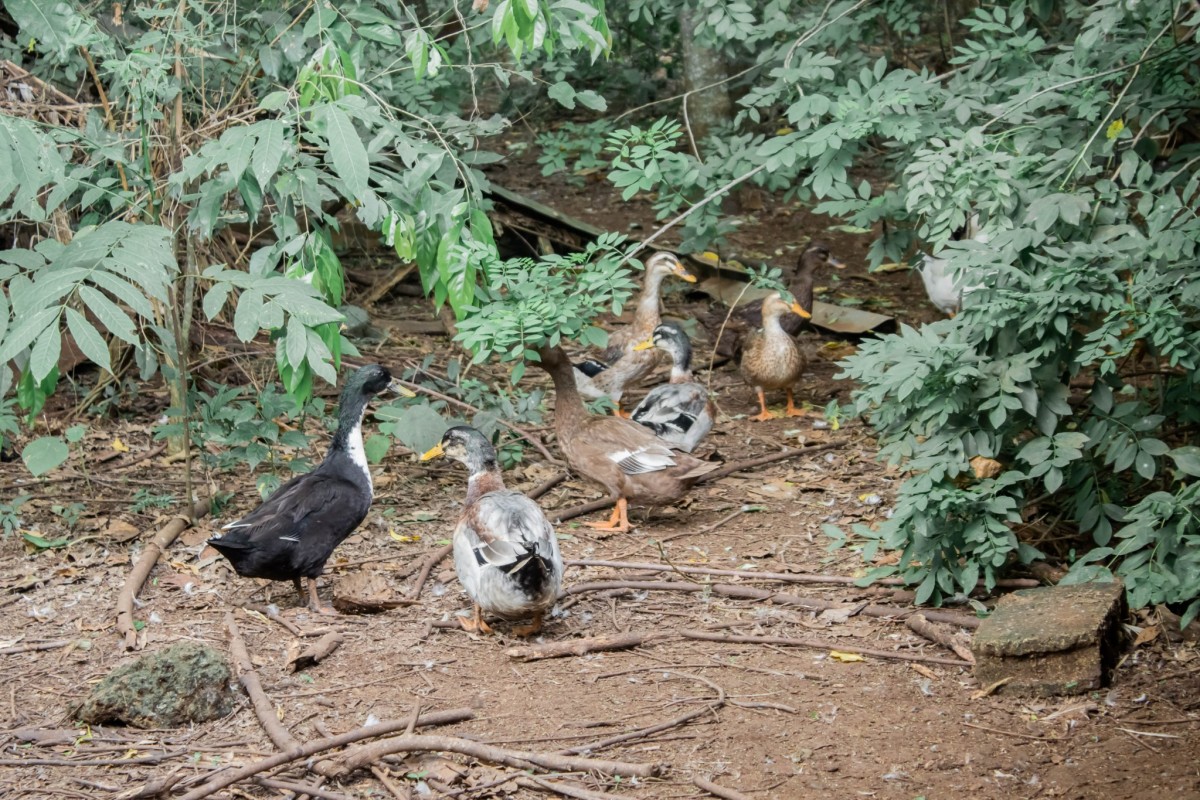
TAGBILARAN CITY, Bohol, July 8 (PIA) -- The full ban on the entry of live birds, domestic, and captured wild birds for ornamental purposes, and poultry dung from mainland Luzon and mainland Mindanao as well as from other infected parts of the country form part of the first official acts that Gov. Erico Aristotle Aumentado issued on his first day in office to keep Bohol free from the Avian Influenza (Bird Flu).
With a multi-billion poultry industry with a huge percentage of it being in backyard farms, Bohol could be in serious trouble if the Bird Flu, a highly contagious viral disease caused by any of the many influenza A viruses which can affect all birds and poultry in the country, will make its way into the island.
The bird flu subtype H5N1 can be cross-transmitted from poultry to humans, according to Provincial Veterinarian Dr. Stella Marie Lapiz, DVD.
Already confirmed as present in Pampanga and Bulacan as early as February 2022, the fowl disease has spread to Benguet, Bataan, Nueva Ecija, Laguna, Camarines Sur, South Cotabato, Maguindanao, Sultan Kudarat. North Cotabato, and Davao del Sur.
More provinces are now under government surveillance and testing for confirmation of the presence of the virus that has proven to have the capacity to totally decimate poultry populations.
With poultry products getting shipped all over the provinces’ porous boundaries, and with some Boholanos culturally tied to gamefowl, chances of entry of infected birds and poultry may be high.
On this, a full ban is in place for the entry of ready-to-lay pullets, gamefowls, duck, quails, pigeons, both domesticated and captured wild birds for pets, day-old chicks, hatching eggs and even poultry manure (which can bring in the disease) from mainland Luzon and Mainland Mindanao and from bird flu-free provinces in the Visayas through Executive Order No 5, series of 2022.
By regulation, the governor means entry from bird flu-free provinces can be allowed provided that the shipment or carrier can show five important documents to prove that the shipment is from bird flu-free area, free from disease and carries with it local transport permits.
Specific in the said EO are: Veterinary Health Certificate (issued by the Provincial Veterinarian where the avian specie being shipped originated); Veterinary Shipping Permit (which can be obtained from the Bureau of Animal Industry authorized veterinary quarantine officer); a Reverse Transcription Polymerase Chain Reaction (RTPCR) test which shows negative results for avian influenza or bird flu; and Certification of AI-free status issued by the Provincial Veterinarian attesting to the fact that no AI-outbreak has occurred in the sourced-farm and immediate area in the past seven days before shipment.
For game-fowls, the RTPCR result must not be over six months from date of sample collection; for day-old chicks, it must be at least 28 days from the date of last sample collection; and for hatching eggs, the test result samples should be at least 14 days from collection.
Finally, shippers and carriers have to secure Local Transport Permit from the local Department of Environment and Natural Resources for wild and domestic birds.
On the case of imported day-old chicks and hatching eggs from bird-flu-free countries to Bohol, the transport of such should be accompanied by Sanitary and Phytosanitary Import Clearance, Landing Permit, Notice of Quarantine and Veterinary Shipping permit so these should be available upon inspection, according to the new EO. (RAHC/PIA7 Bohol)


